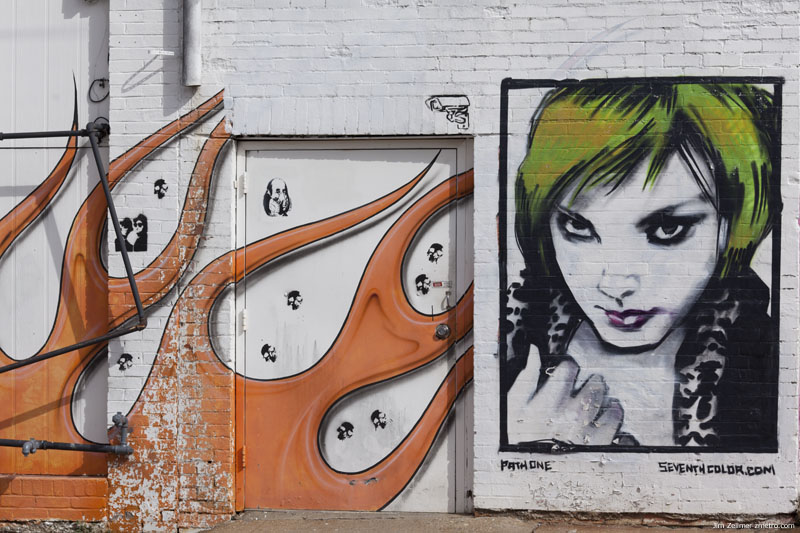“We’re in the midst of an international currency war, a general weakening of currency. This threatens us because it takes away our competitiveness.” This complaint by Guido Mantega, Brazil’s finance minister, is entirely understandable. In an era of deficient demand, issuers of reserve currencies adopt monetary expansion and non-issuers respond with currency intervention. Those, like Brazil, who are not among the former and prefer not to copy the latter, find their currencies soaring. They fear the results.
This is not the first time for such currency conflicts.?In September 1985, now 25 years ago, the governments of France, West Germany, Japan, the US and the UK met at the Plaza Hotel in New York and agreed to push for depreciation of the US dollar. Earlier still, in August 1971, the US president Richard Nixon imposed the “Nixon shock”, levying a 10 per cent import surcharge and ending dollar convertibility into gold. Both events reflected the US desire to depreciate the dollar. It has the same desire today. But this time is different: the focus of attention is not a compliant ally, such as Japan, but the world’s next superpower: China. When such elephants fight, bystanders are likely to be trampled.
Here there are three facts, relevant to today’s currency wars.
Monthly Archives: September 2010
Bärbel Bohley, artist and toppler of the Berlin Wall, died on September 11th, aged 65
COURAGE rarely failed Bärbel Bohley. Others quailed at the hands of the East German secret police, the Stasi. Frail but steely, she mocked them: an eye for the absurd, she said, helped to keep her mental distance from those “brutal, cold, murderous, contemptuous people”. “I will get out of here; you won’t,” she once snapped at an interrogator.
She was right. Born in the ruins of Berlin in 1945, her early life was shaped by the post-war division of her country into western (soon West) Germany, and a Soviet-occupied zone that claimed to be the “German Democratic Republic”. But in the end it was not the bullying communists who shaped the wiry little painter. It was she who shaped them—and their downfall.
Her life as an artist started in her 30s, after unhappy early stints in industry and teaching. Her métier was brightly coloured pictures with dark angry lines, part abstract, part-figurative. Her inspiration, she said, came from Käthe Kollwitz, the great radical pacifist painter and print-maker of the Weimar years, venerated in post-war East Germany. The regime liked that, and her work: she won prizes, including a trip to the Soviet Union. But the promised Utopia turned out to be shockingly grim and grey. In 1980 the idealistic socialist convictions of her youth, long undermined by the regime’s hypocrisy, finally crystallised into ardent opposition.
The Rural South
For one weekend every year since 2003, tiny Concord, Georgia, population 336, becomes a photography mecca. “Slow Exposures” lures photographers, curators, and editors to look at pictures from the South, to discuss and debate them, and to exchange experiences, all thanks to the wonderful Chris Curry and Nancy McCrary, with the help of a staff of cheerful volunteers. Southern conviviality and hospitality create an ambiance that is most of all creative and communicative.
Chris and Nancy created the festival as a photographic center representing the rural South. It is a non-profit organization, with proceeds going toward the preservation and restoration of historic buildings and land in Pike County, and attracts devotees and newcomers for a full slate of photographic events: a juried photography show, an all-day portfolio review, and exhibitions, all in beautifully restored local buildings. This year, John Bennette, a curator, collector, and champion of artists, conceived the wonderful exhibition “Southern Memories: Part I” for the festival, on view in the restored Whiskey Bonding Bar, in Molena. The show is John’s subjective vision of the South, shaped by his memories—he grew up in Birmingham, Alabama, and now lives in New York. Asking himself what is important in the South, he came up with four categories: the land, God, school, and Southern history; he believes that history—i.e., the Civil War—still drives Southern culture today. His show avoids the extremes of rich and poor and stays away from clichés. Many of the artists he included were discovered in earlier “Slow Exposure” shows, and were surprises to me.
What was the last great football team that played the sport for love and camaraderie, not money or fame?…
It’s late afternoon on a football Sunday in the Northeast, circa 1976. Outside, the sun is setting. Soon your mother will call you up for dinner. But, before then, you want more football. You flip over to NBC and there, in West Coast sunshine, is a team wearing silver and black, playing with a kind of controlled recklessness. Their logo features a pair of crossed swords and a man with an eyepatch; their coach is a shambling, wild-haired guy; their quarterback is nicknamed Snake; and their owner looks like he carries a stiletto in his jacket. You watch them play and before you know it, you’ve fallen in love with this team. Before you know it, you’ve abandoned your Redskins or Eagles or Jets. You’re now an Oakland Raiders fan.
If any of the above resonates for you, then you will want to read Peter Richmond’s new book, “Badasses: The Legend of Snake, Foo, Dr. Death, and John Madden’s Oakland Raiders,” which has just been published by Harper. Richmond, who is the author of numerous books on sports (as well as a Shouts & Murmurs piece about Ken Griffey, Jr. published in The New Yorker), kindly agreed to answer a few questions by e-mail.
What Did We Do Pre-iPhone, Part III?

Brian S Hall certainly tells us about the post iPhone world.
School of Seven Bells @ The Majestic Madison

Street Art

A Beautiful Airport Sunset

Volcker Spares No One in Broad Critique
Former Federal Reserve Chairman Paul Volcker scrapped a prepared speech he had planned to deliver at the Federal Reserve Bank of Chicago on Thursday, and instead delivered a blistering, off-the-cuff critique leveled at nearly every corner of the financial system.
Bloomberg News
Former Fed Chairman Paul Volcker
Standing at a lectern with his hands in his pockets, Volcker moved unsparingly from banks to regulators to business schools to the Fed to money-market funds during his luncheon speech.He praised the new financial overhaul law, but said the system remained at risk because it is subject to future “judgments” of individual regulators, who he said would be relentlessly lobbied by banks and politicians to soften the rules.
“This is a plea for structural changes in markets and market regulation,” he said at one point.
Here are his views on a variety of topics.
Waiting….
